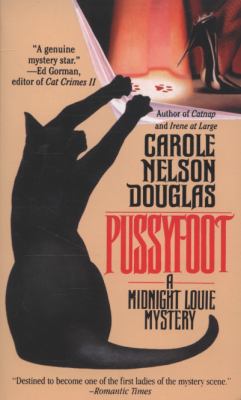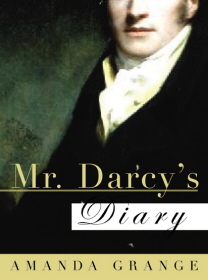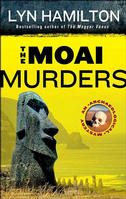
Hmmmm. Another book about the "perfect way to eat". This one was full of science, conspiracy theories, anecdotes, and advice. The authors strongly advocate a whole foods, plant-based diet. It's all about why everyone should be vegan.
I found the reports of the scientific studies a bit mind-numbing--there are plenty of graphs, many data analyses, reports from various studies, numbers, technical terms. I didn't read the book straight through--I've been picking it up and putting it down for the past several months--and that made the data reports even less comprehensible to me. However, after the first chapter the reader can clearly understand the point that the authors are explaining: animal protein is toxic to the body. Their studies were done on rats and then generalized for humans. They used the studies of others and the massive quantity of data gathered (and analyzed) from a long-term cancer study done in China to underscore their own conclusions. And they were unflinching in their advice: animal protein causes disease (most specifically, it causes certain types of cancer to grow) and therefore should be completely avoided.
Like most food books, it is passionate and unbalanced. Only the data that supports the authors' conclusions is cited. I think this is pretty normal. When one marshals a convincing argument, one uses only the proof that supports one's point. When the Campbell's book is criticized, these are the criticisms that are most clearly voiced: it is only a partial picture of what is going on. Can the solution to so many American diseases really be this one-dimensional? I wonder.
Still, I found the book valuable and interesting. And convincing. At the very least, it is an excellent reminder to the reader to watch much more carefully what he/she is eating. At the most, it could be life-changing, even life-saving.
Was I convinced of the authors' premise? Well, I was certainly inspired to choose what I eat more carefully. I, however, am not yet convinced that eliminating certain foods is the answer to good health. I lean more to believing that part of what ails Americans (and many other wealthy cultures) is the over-refinement of most of what we eat. Nearly everything we buy at the grocery store (except maybe the produce--but that's a whole other issue) is preprocessed for our consumption. Meat, dairy, poultry, fish, canned goods, frozen goods, crackers, cereal, pasta, bread.... everything has been changed dramatically from its original form. Food bought at restaurants--especially fast food restaurants--is even worse. I was fascinated by
"The End of Overeating" by David Kessler and its account of what is added to our food that fools our bodies into wanting more and more. I think that The China Study further convinced me that what we put into our bodies should be as close to its natural state as possible--and by this I don't necessarily mean it should be raw, but that it should be unrefined, unprocessed, unfortified, etc. My journey to understanding and to taking care of my body is unfinished. I am always learning more. Reading the China Study was one more step along the way.
By the way, there is a movie that follows the studies and explains the conclusions that are found in this book. It's called
"Forks Over Knives" and it's interesting. And much quicker to watch than this book is to read (I found it on Netflix).

















































